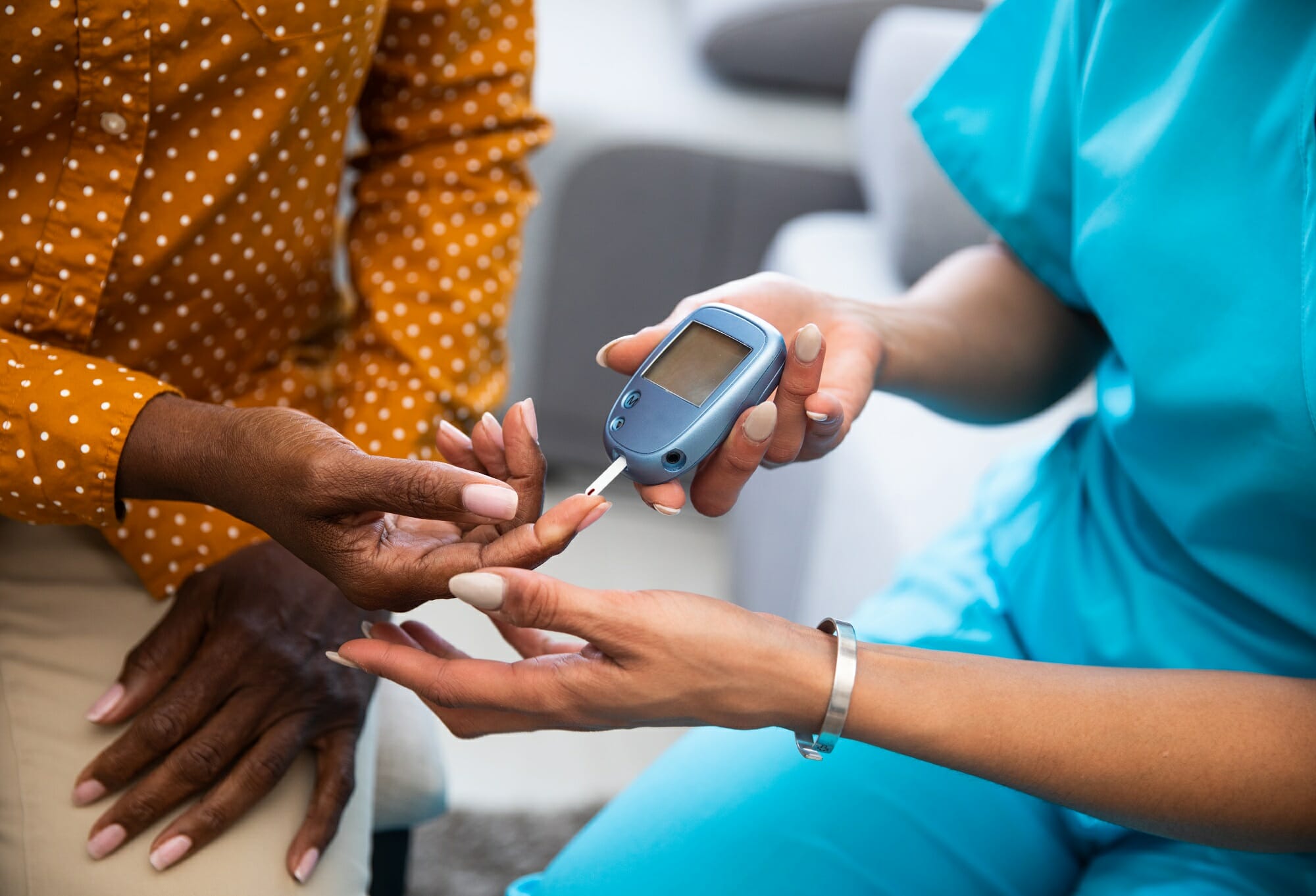Blog

UNDERSTANDING DIABETES –
A comprehensive guide to broaden your knowledge on everything diabetes.

MEANING OF ASTHMA
What does it really mean to have Asthma and how do you recognise the symptoms?

Five Truths and Myths About Fruits

About Lassa fever.

Diabetes Plate Method for Nigerian Diet.

KNOW YOUR HEART NUMBERS!
Knowing and understanding key heart numbers like blood pressure, cholesterol and heart rate, along with your family history, allows you and your health care team to determine your risk for developing heart disease.
Based on recommendations of the Seventh Report of the Joint National Committee on Prevention, Detection, Evaluation, and Treatment of High Blood Pressure (JNC 7), the classification of BP for adults aged 18 years or older is as follows;
- Optimal: Systolic lower than 120 mm Hg and diastolic lower than 80 mm Hg
- Normal: Systolic 120-129 mm Hg and/or diastolic 80-84 mm Hg
- High normal: Systolic 130-139 mm Hg and/or diastolic 85-89 mm Hg
- Grade 1: Systolic 140-159 mm Hg and/or diastolic 90-99 mm Hg
- Grade 2: Systolic 160-179 mm Hg or greater and/or diastolic 100-109 mm Hg
- Grade 3: Systolic 180 mm Hg or greater and/or diastolic 110 mm Hg or greater
Both the classifications above are based on the average of two or more readings taken at each of two or more visits after initial screening.
Normal Blood Cholesterol Level
- People 19 and younger– LDL cholesterol is less than 110 milligrams
- Men 20 and older – LDL cholesterol is less than 100 milligrams
- Women 20 and older – LDL cholesterol is less than 100 milligrams
© 2023 Providence MSH. All rights reserved.

